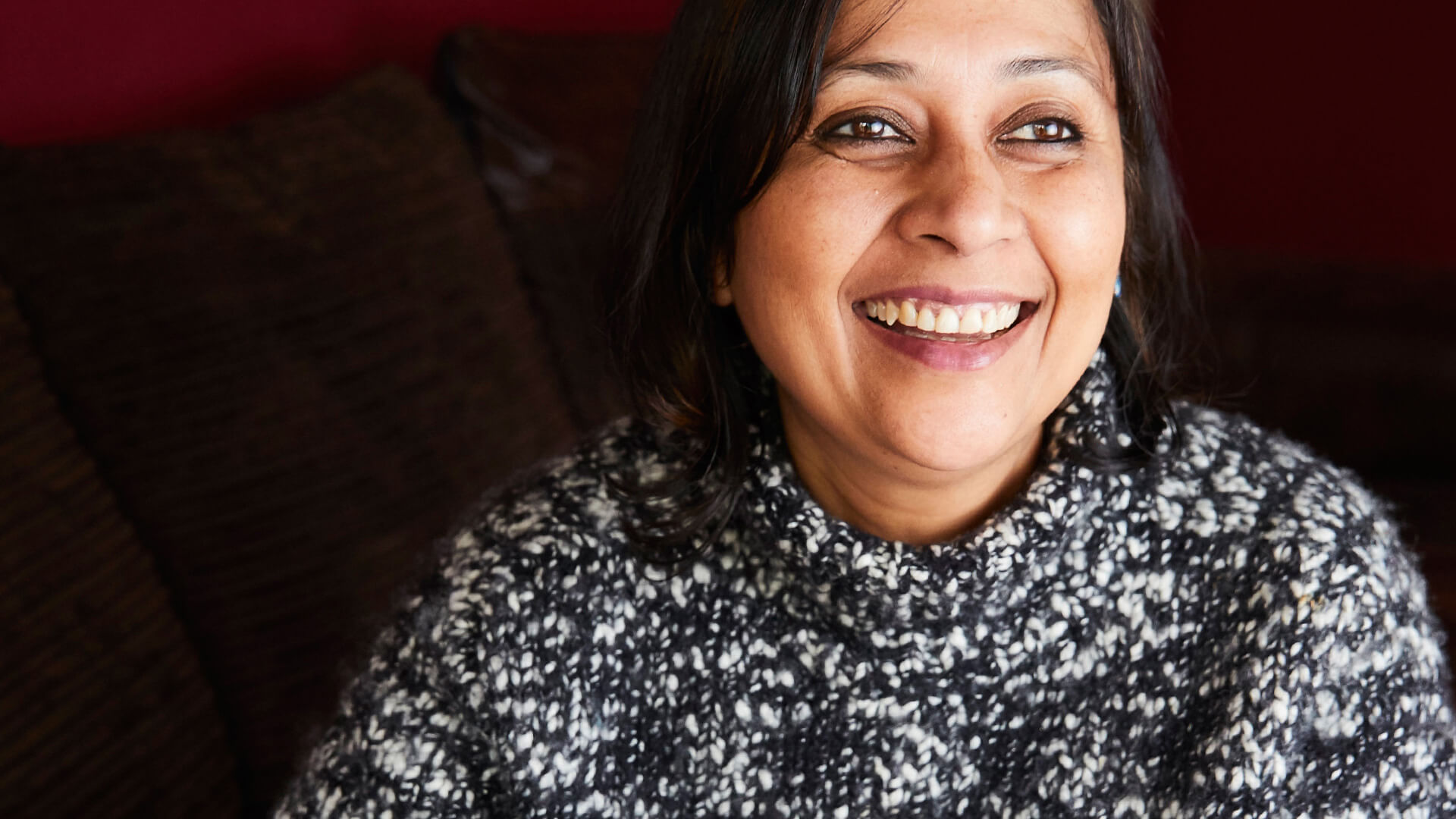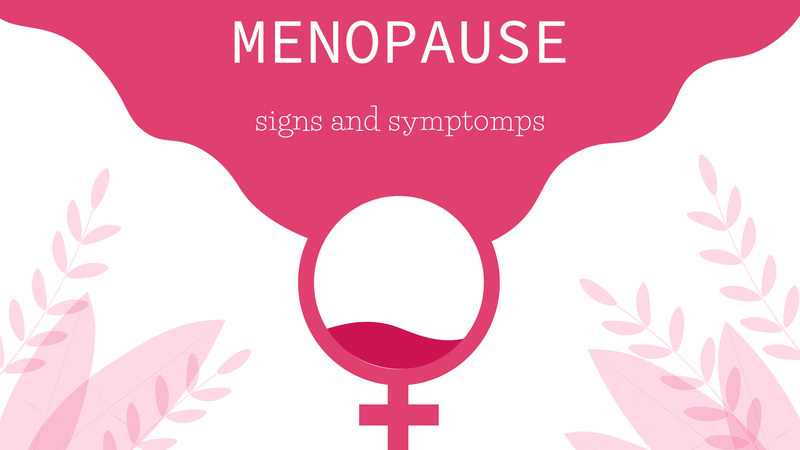You are viewing your 1 free article this month. Login to read more articles.
Pragya Agarwal discusses overcoming our prejudices and overcoming our implicit bias
 Caroline Sanderson
Caroline SandersonCaroline Sanderson is a non-fiction writer, editor and books journalist. Her books include a travel narrative, A Rambling Fancy: in the F ...more
Pragya Agarwal’s forthcoming book Sway asks us to challenge what we know—and what we don’t know—about unconscious bias

Caroline Sanderson is a non-fiction writer, editor and books journalist. Her books include a travel narrative, A Rambling Fancy: in the F ...more
The evening before my interview with activist, writer and behavioural scientist Pragya Agarwal, comments made by actor Laurence Fox on BBC’s “Question Time” hit the headlines. Refuting an assertion from a female audience member that the treatment of Meghan Markle by the media was racist, he said: “It’s really easy to throw the charge of racism at everyone and it’s really starting to get boring now.” Moments later, responding to the suggestion that he might have white privilege, he asserted: “I can’t help what I am. It’s an immutable characteristic. To call me a white privileged male is racist.”
It’s just one more indication of the searing relevance of Dr Agarwal’s forthcoming book, Sway: Unravelling Unconscious Bias. While I categorised it as Psychology in my recent New Titles preview, it’s actually impressively cross-disciplinary and, drawing on a wealth of global scientific research, does a brilliant job of probing our implicit prejudices: those everyday discriminatory behaviours of which we are all capable, but often remain unaware. Agarwal also brings an enlivening personal perspective to bear as a woman of colour and as the working mother of three daughters, to whom her book is dedicated (“Because you are the future, and I owe you an unbiased world”).
In India where I grew up, patriarchal and gender bias is something you deal with from the moment you’re born. Colourism is a big deal in India as well
Though she now lives in Liverpool, we meet in London, where Agarwal was the first female lecturer in the engineering department at UCL, and also the first woman of colour. In the introduction to Sway, she writes: “My own interest in unconscious bias had been hugely shaped by my own experiences.” I ask her to elaborate. “In India where I grew up, patriarchal and gender bias is something you deal with from the moment you’re born. Colourism is a big deal in India as well: as soon as a girl is born, if she’s fair-skinned she’s deemed pretty. And then obviously the caste system affects people’s lives in a hierarchical way.” One of three daughters herself, Agarwal credits her mother with making her aware of such biases from a young age. “She’s a traditional Indian lady but she wanted to bring up her girls in a different way. Rather than preparing us for marriage, she said: ‘you need to have a career, you need to be independent’ and she fought with my father to send us to the best schools. So I grew up rebelling against the notion of what people expected me to be.”
Sway also draws on Agarwal’s experiences of living in the UK after moving here to study for a PhD. Then one of only a handful of women in her cohort, she has extensive experience of being minority ethnic in majority white spaces. In one incident, she relates how she was questioned by the police, after someone alerted them to a “suspicious-looking” Asian woman shopping for school shoes with her young daughter. Agarwal’s interest in how biases are formed was deepened by her PhD thesis, which looked at the deterministic nature of technology and how bias creeps into the data that we model and map. Much like Sway, it took a cross-disciplinary approach, bringing in philosophy, psychology, social science and geography as well as computer science. “I’ve always tried to break out of boxes and challenge boundaries around how we think about things,” Agarwal tells me.
The range of unconscious biases she tackles in Sway is impressive, moving from gender bias in the diagnosis of sleep apnoea and racist soap dispensers (yes, really), to bias against those who are left-handed, those who speak with regional accents. And the fact that the technology can be just as culpable as people: self-drive cars are more likely to hit those with darker skin, it transpires. And astonishingly, when it comes to hurricanes, research has shown that the more masculine a name a storm is given, the more respect it commands. Consequently, people are generally less prepared for the severity of hurricanes randomly given feminine names.
We rely on them a lot in everyday decision making because in evolutionary terms, we’ve learned to tap into the information we already have
Outlandish as this example is, few of us will fail to find some aspect of bias in the book that does not speak to our own experience, or make us think how it might affect us in future: Agarwal looks at age bias, for example, and clearly none of us are getting any younger. Thanks to this inclusivity, Sway aids empathy by helping us all think more carefully about the subject, whatever our origins, characteristics or orientations.
In the early chapters of Sway, Agarwal examines how implicit biases come to be hardwired in our brains: in short, we have evolved to have gut instincts about people and situations. Agarwal acknowledges that such instincts help us navigate the world. “We rely on them a lot in everyday decision making because in evolutionary terms, we’ve learned to tap into the information we already have. But this means that when we meet a person, we judge them according to parameters that we’ve already established.”
Compellingly for those of us who love stories and storytelling, Agarwal shows that we are also hard-wired to look for the narrative, even if the facts suggest otherwise. “We tend to pick and choose information to try to fit the situation to our narrative of choice.” And her discussion of echo chambers, particularly when it comes to social media, demonstrates how most of us increasingly live in filter bubbles. “We all have this inherent need to belong to tribes and we naturally gravitate to people who are similar. But it’s important to take the time to step outside of these bubbles,” says Agarwal.
Taking responsibility
Ironically, the knowledge that so many of our unconscious biases have an evolutionary origin is exactly what gives some people the idea that they “can’t help it”. While Sway is as Agarwal intended, resolutely non-preachy, her message is clear. “The fact that these kind of biases are unconscious doesn’t absolve anybody. We all have a responsibility to educate ourselves, and to take time to think rather than react in an impulsive way,” she asserts.
Agarwal is very good on such “can’t you take a joke” micro-aggressions as Donald Trump’s “one of the boys” locker room misogyny; or the banter about regional accents by which we stereotype people who come from a particular geographical location; or the assumptions we make about those we class as being overweight. And it’s clear that she has examined her own unconscious prejudices too. “I admit that, having been brought up with a very binary notion of gender, when I first came across the whole notion of non-binary, I struggled with it. I really had to reflect on why I felt that way,” she tells me.
A two-time TEDx speaker and creator of podcast “Outside the Boxes”, Agarwal has also been named as one of the 100 most influential women in social enterprise in the UK. In recent weeks she has appeared on BBC Radio 4’s “Woman’s Hour” to discuss how we talk to children about race, and on SkyNews, commenting on the treatment of Meghan Markle. The publication of Sway will only enhance Agarwal’s reputation as an authoritative commentator on the increasingly debated subject of unconscious bias
Extract
In recent years, the interest in unconscious or implicit bias has increased. These terms are now being used to explain everyday discriminatory behaviour, and references to research into unconscious bias as a key to understanding and tackling social discrimination are at an all-time high. As a rough indication, just in the first three months of 2019, there were more than three million mentions on social media… However, as the awareness, coverage and content around unconscious bias escalates, there is a real danger of unconscious bias being reduced to a “trend” or a “fluff” word and being used to excuse all sorts of discriminatory behaviour. This is why it is now becoming more crucial and urgent than ever to understand what unconscious bias really means, how it is formed, and what its underpinning scientific principles and theories are. Awareness is always the first step. Only then can we begin to address it.
She’s also a brave one. Regularly abused for even daring to suggest we have a problem, Agarwal responded in an excellent recent Instagram post to those who took offence to her reference to white privilege in a talk she gave. “White privilege is not lack of struggle. It is knowing that the world is that bit easier for you because of your skin colour… And not recognising or acknowledging it is the first sign of it,” she wrote. I sincerely hope to see her on “Question Time”.
Metadata
Pub date: 02.04.20
Imprint: Bloomsbury Sigma
Format: HB / EB
ISBN: 9781472971357/9781472971371
Rights: overseas rights available
Editor: Jim Martin









